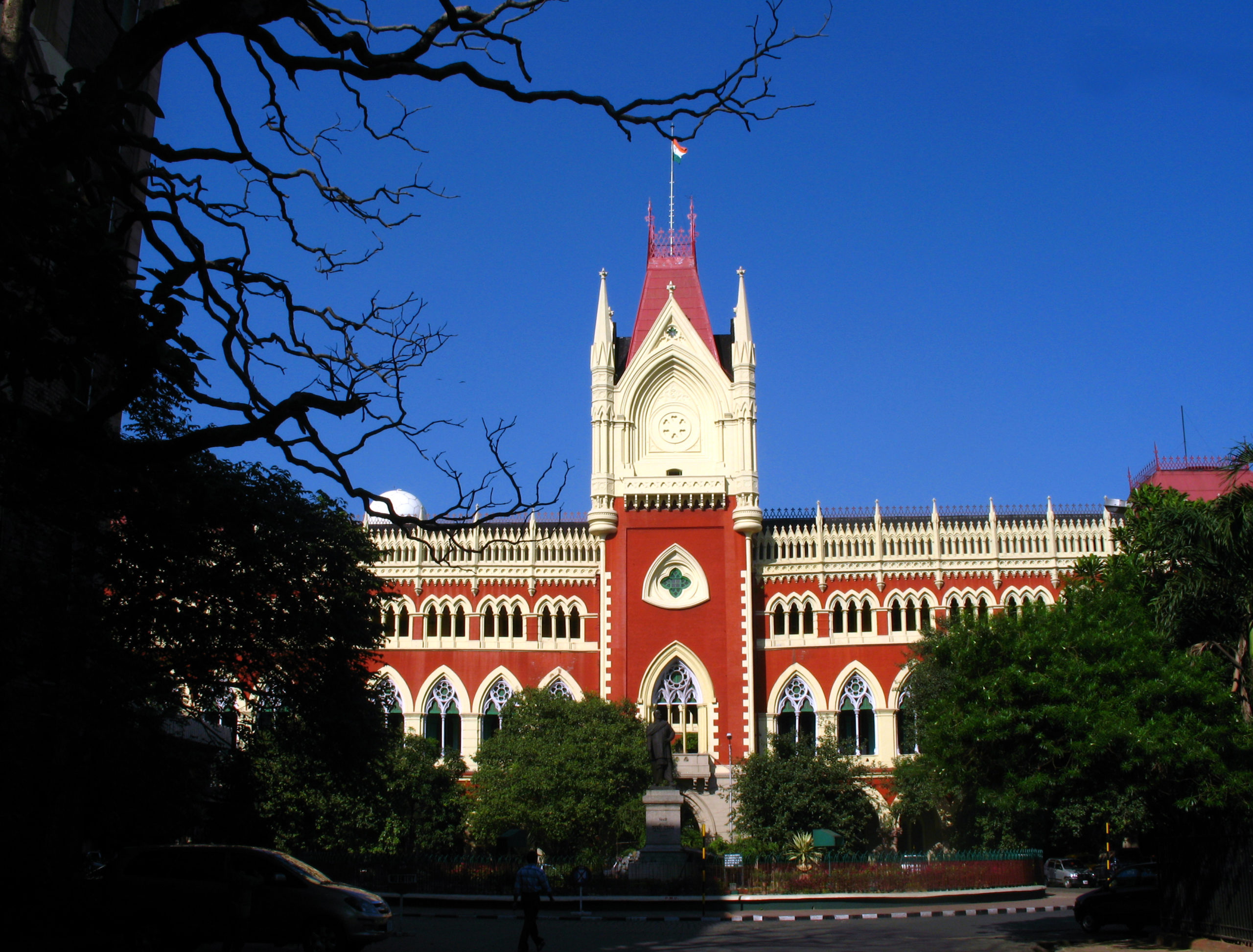LI Network
Published on: October 18, 2023 at 10:30 IST
The Calcutta High Court, in a recent judgment, highlighted the supremacy of the right to life and privacy guaranteed under Article 21 of the Indian Constitution over the right to free speech.
Justice Sabyasachi Bhattacharyya issued concise guidelines for media houses when reporting on criminal cases, in the context of the matter of Rujira Banerjee vs. State of West Bengal.
The single-judge bench rejected the Central government’s argument that the petitioner, Rujira Banerjee, who is the wife of Trinamool Congress leader Abhishek Banerjee and a Thai citizen, cannot seek to limit the rights of Indian citizens.
The court asserted that granting absolute priority to freedom of speech and expression would undermine the right to life, as dead individuals cannot exercise these rights. The judge emphasized that the freedom of speech and expression should not ordinarily infringe on the right to life of others.
The court recognized that, through social and judicial evolution, additional rights have been incorporated into the right to life and personal liberty, including the right to privacy. It emphasized that the right to accurate and relevant information is a crucial component of the right to free speech. An informed society is essential for individuals to protect their lives and personal liberties.
The judgment was rendered in response to a petition filed by Rujira Banerjee, seeking to restrain specific media organizations from reporting on the ongoing investigation against her and her husband in a case related to school jobs for cash.
The court made it clear that media should exercise caution in reporting, as its significant impact can either enhance or damage individual reputations. However, the court declined to issue an order restraining the media from publishing materials related to the petitioner and her family members.
The court explained that the petitioner’s husband and other family members are prominent figures in the political arena. Publications against them were deemed to be related to their individual roles and political activities.
The court stated that the protective umbrella sought by the petitioner cannot be extended to her family members, as the media’s publications against them are in their personal capacities and can be challenged by them individually.
The court also emphasized that media organizations should not exploit their special privileges, including access to information, to engage in sensationalism, conduct media trials, or castigate individuals before they are proven guilty by a competent court of law.
While the court acknowledged the importance of investigative journalism in exposing wrongdoing and injustices in society, it emphasized that investigative journalism should not substitute the work of specialized agencies authorized by law or the legal process conducted by courts of law.
The court also cautioned investigating agencies, including the Enforcement Directorate, to exercise discretion and not publicize the results of their investigations. They should communicate primarily through their charge sheets, not through public statements or media disclosures.
The court recognized the significant role played by central investigating agencies in the justice delivery system. It stressed that these agencies should be careful about the information they release during investigations, as such information can damage the reputation of a suspect or accused who may not be charged or may be acquitted after trial.

